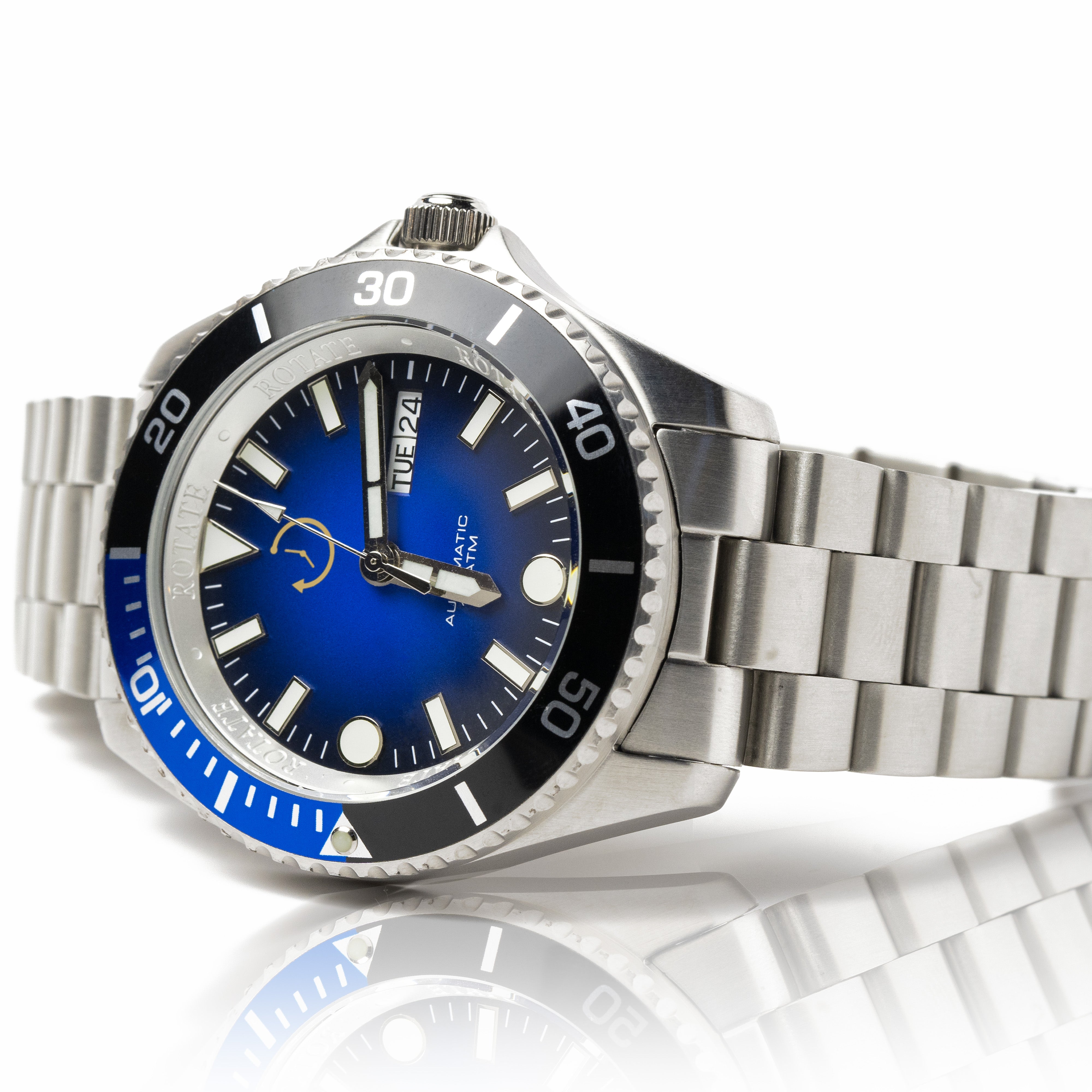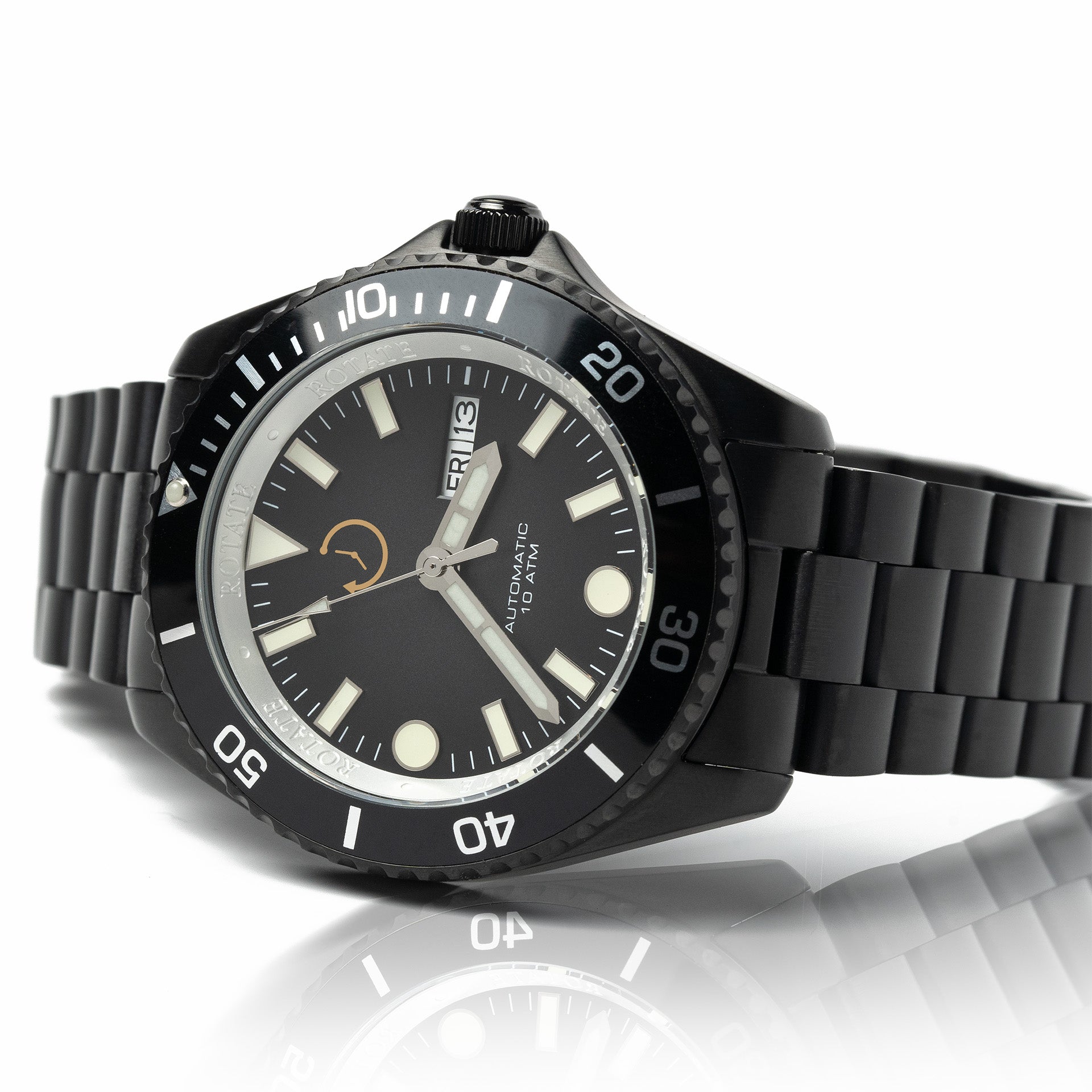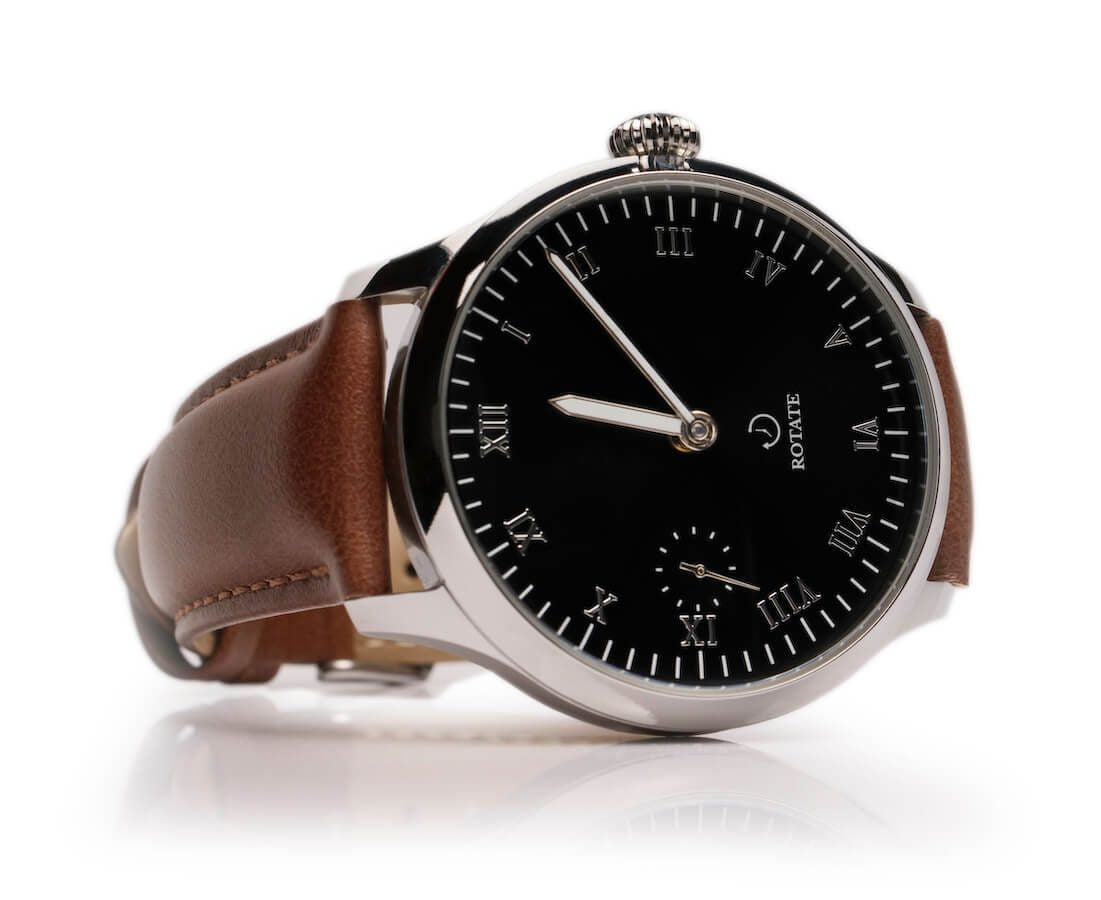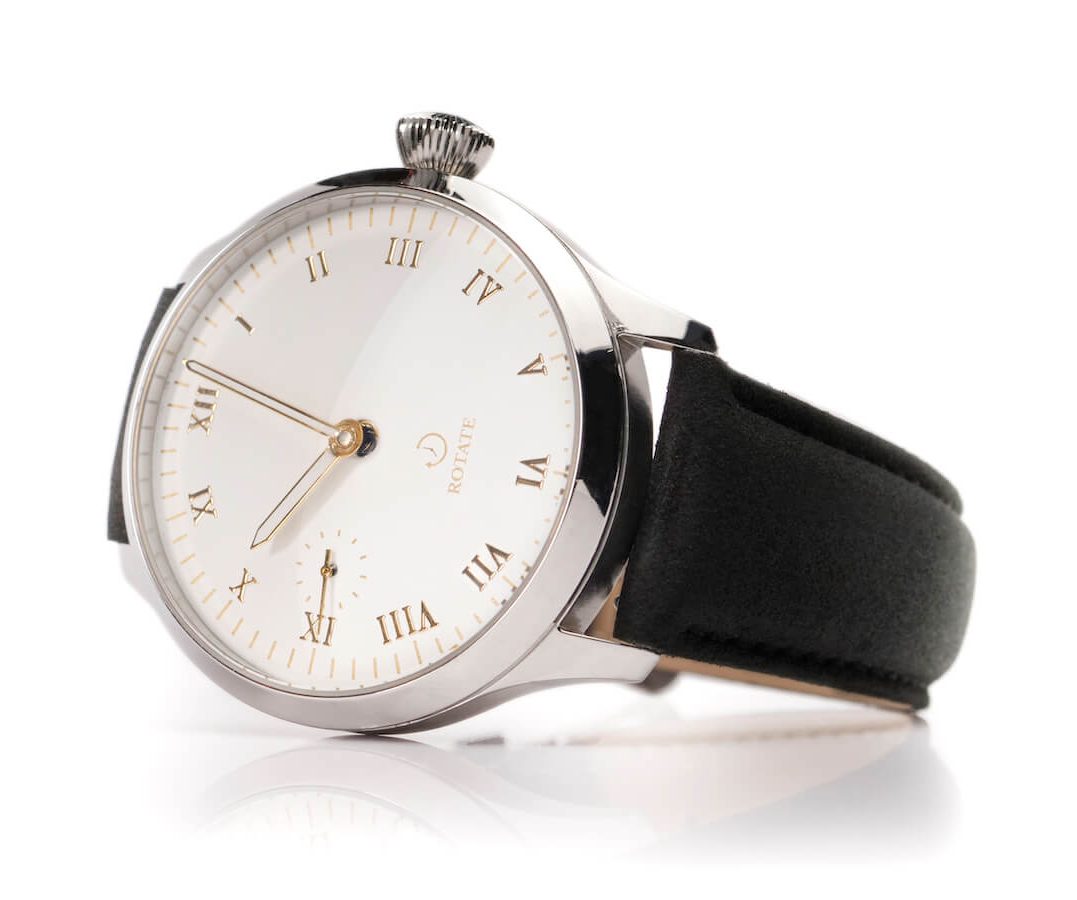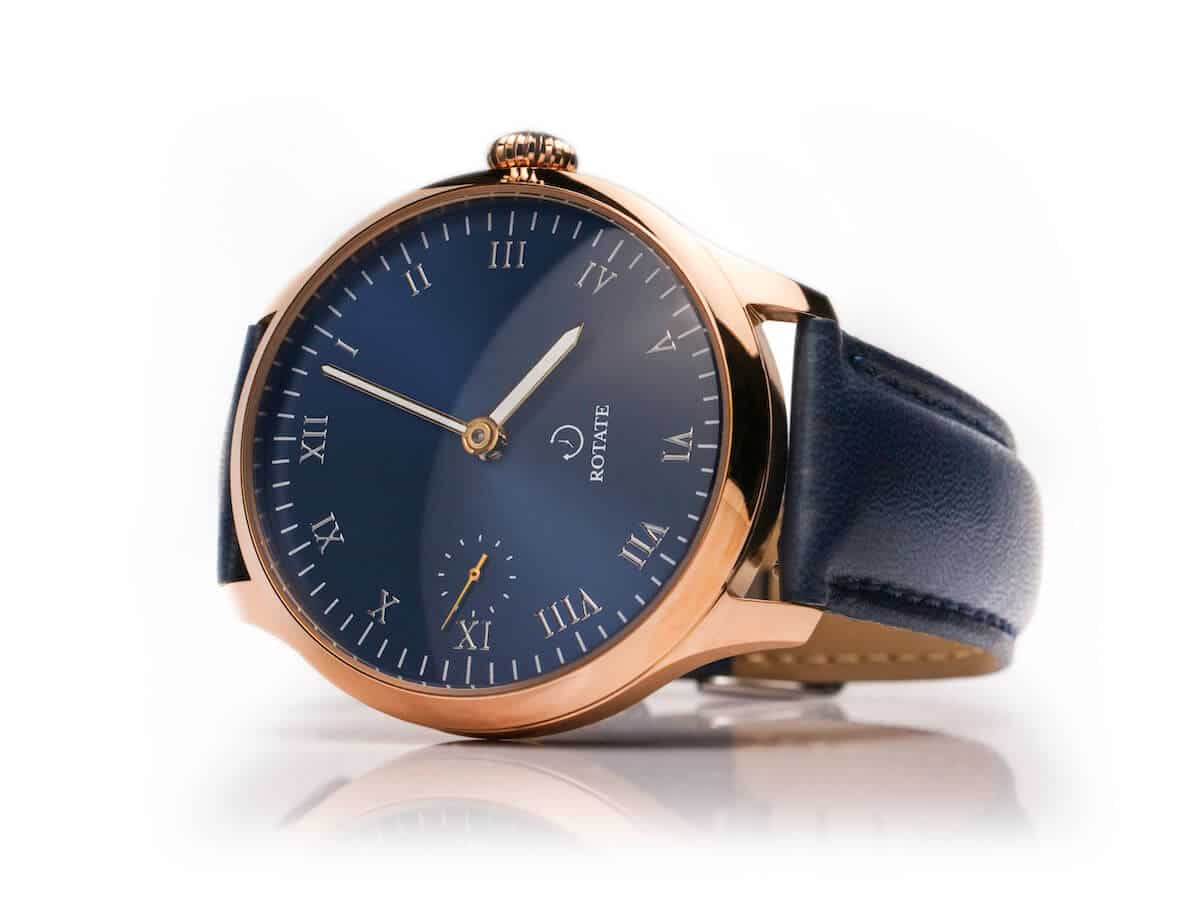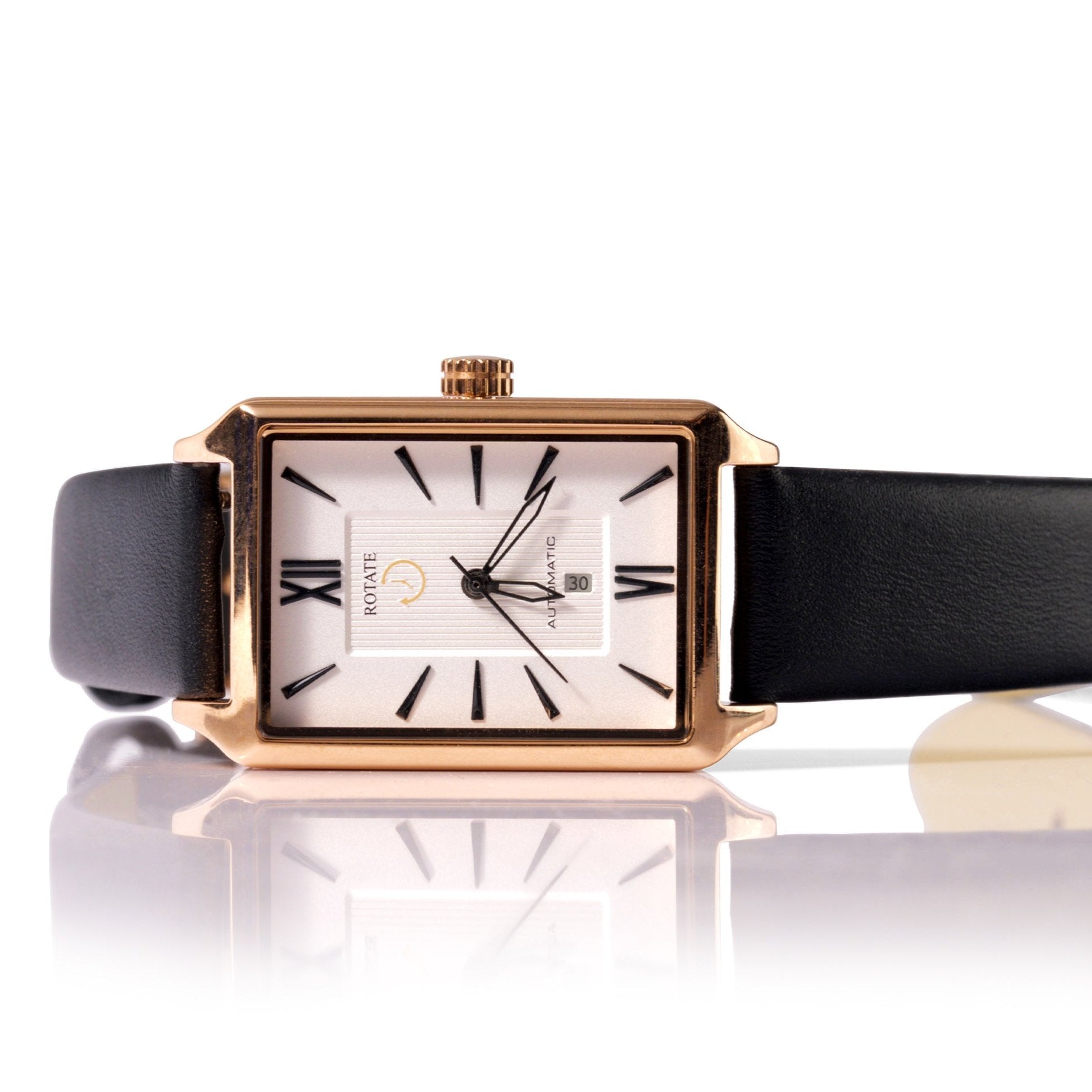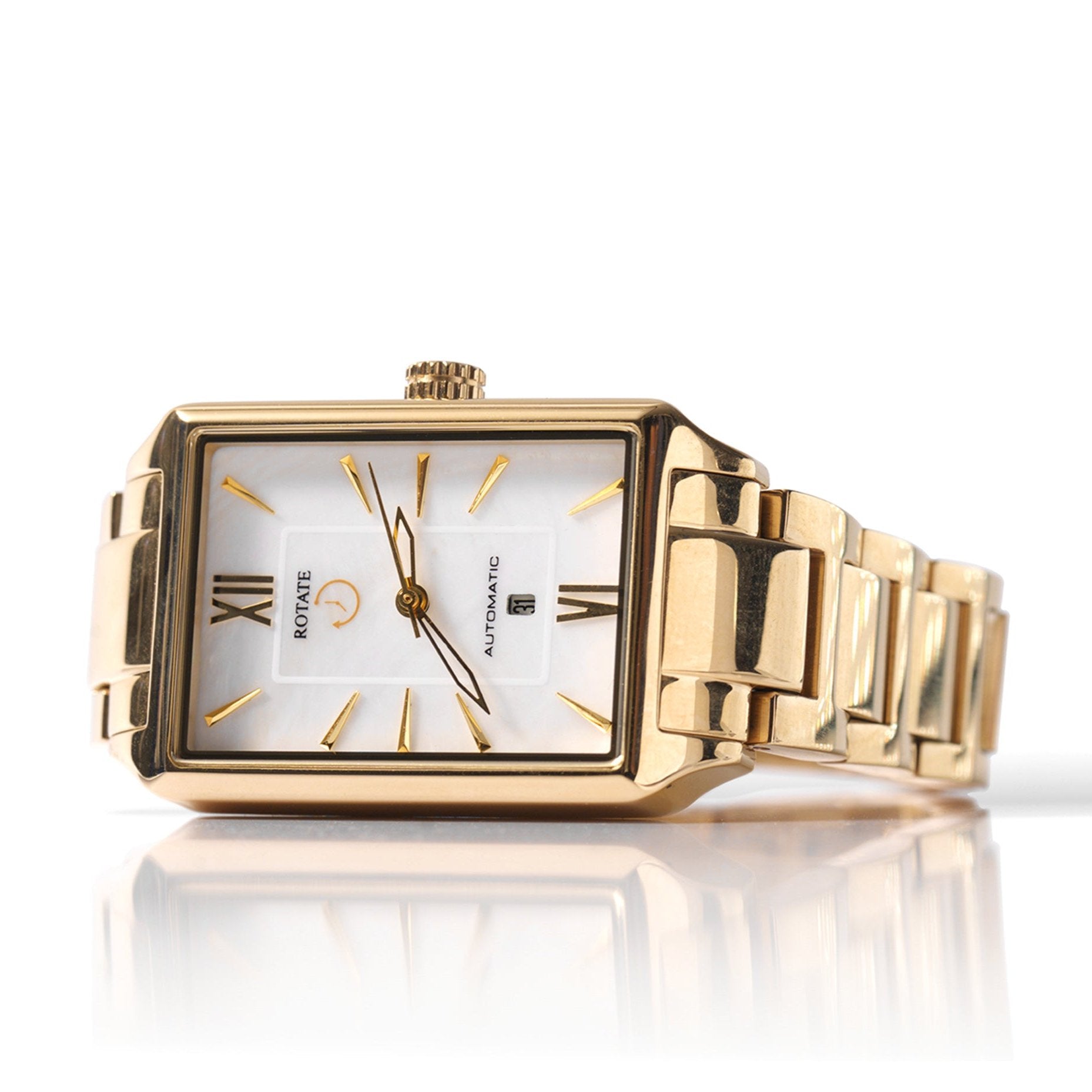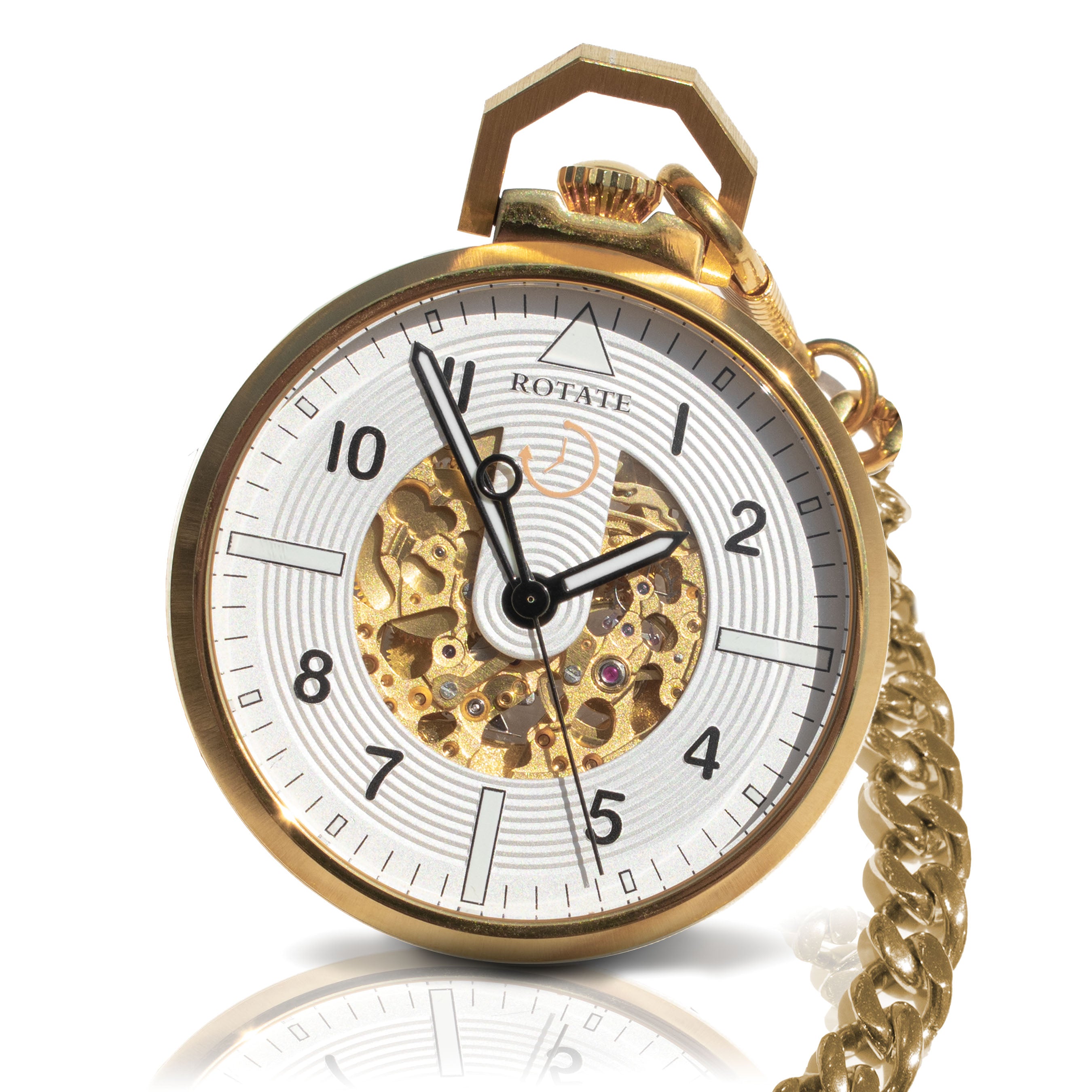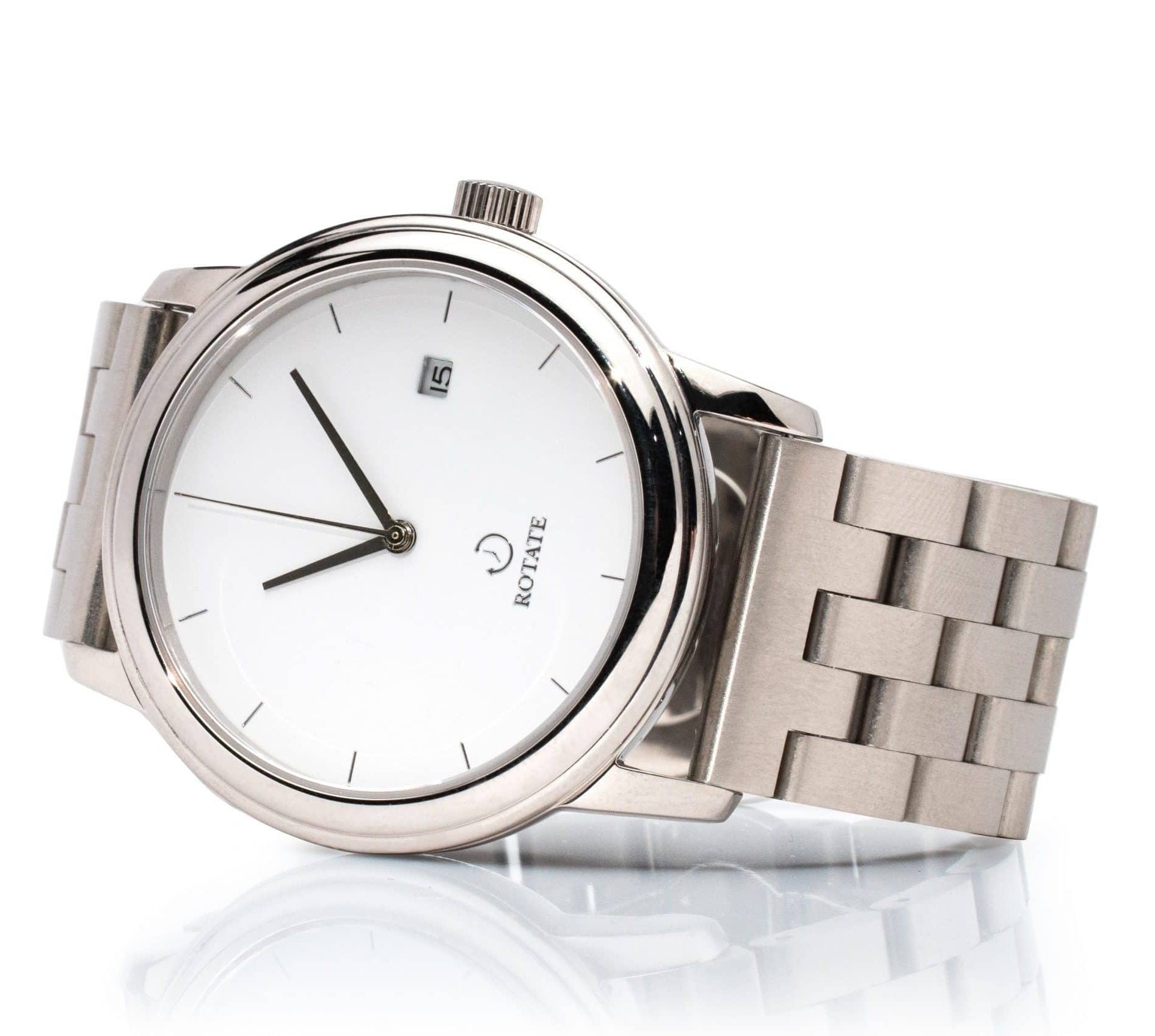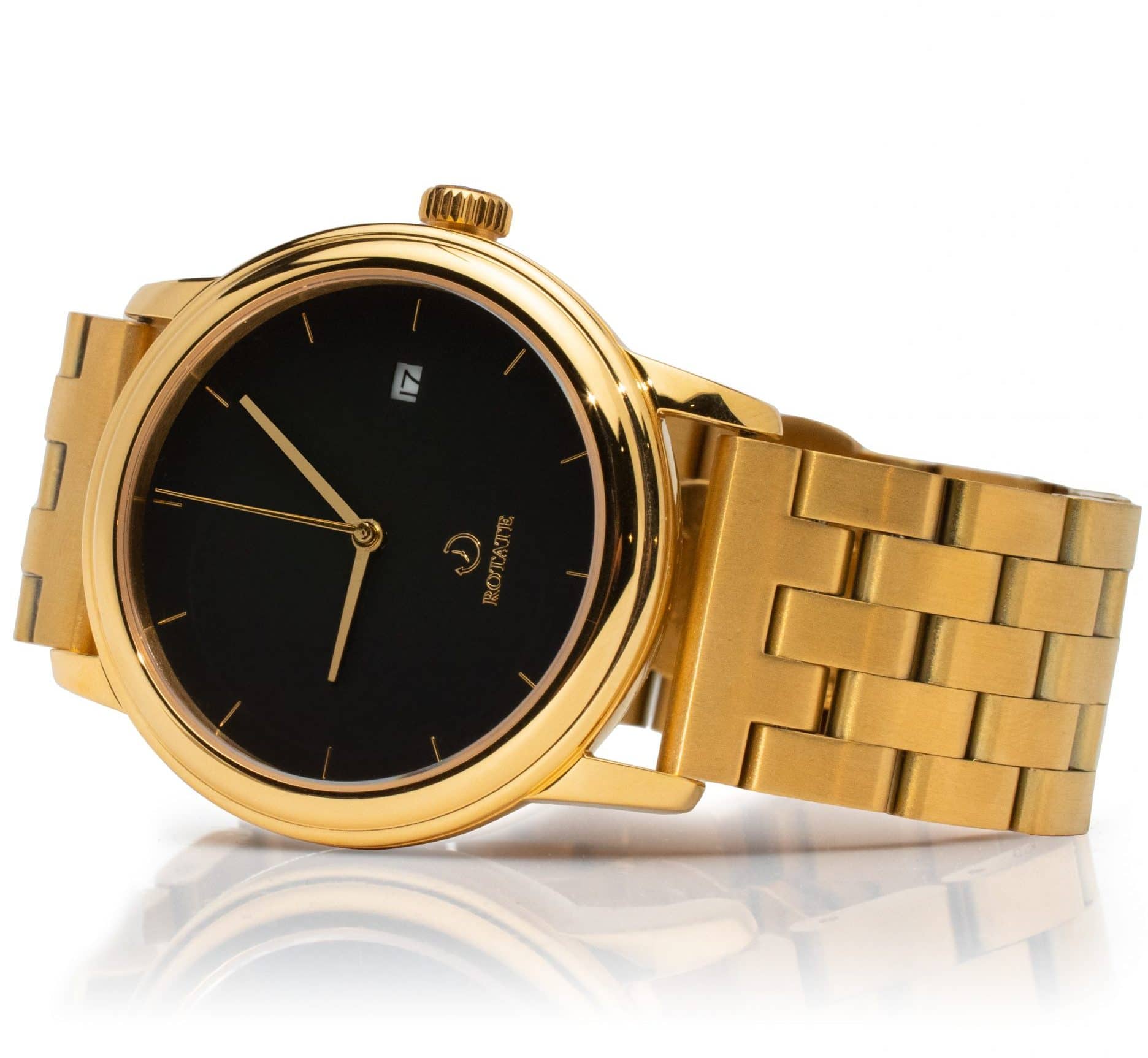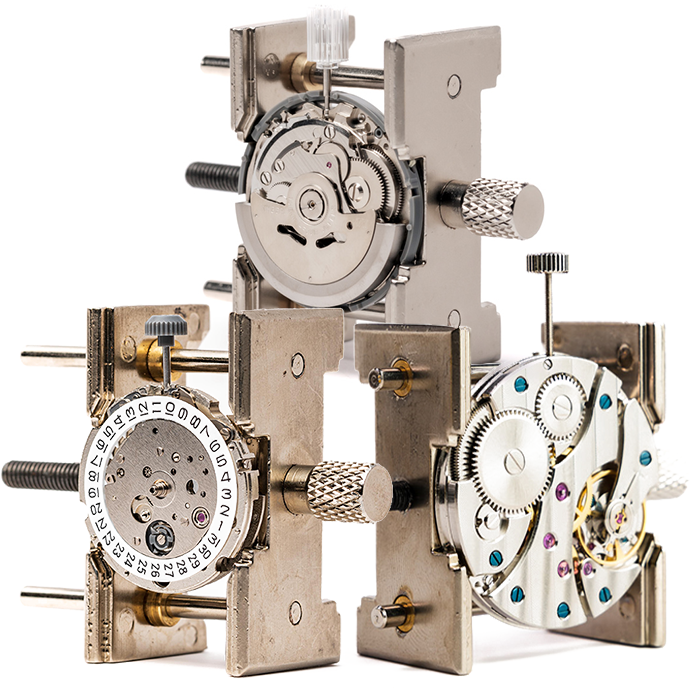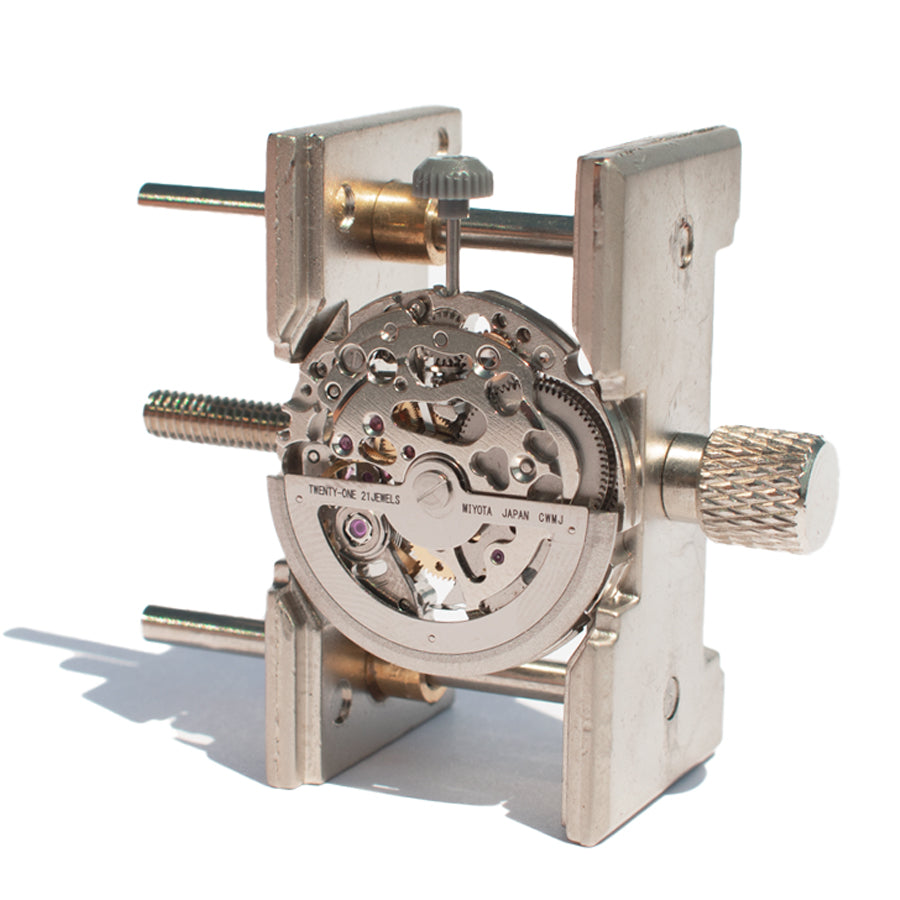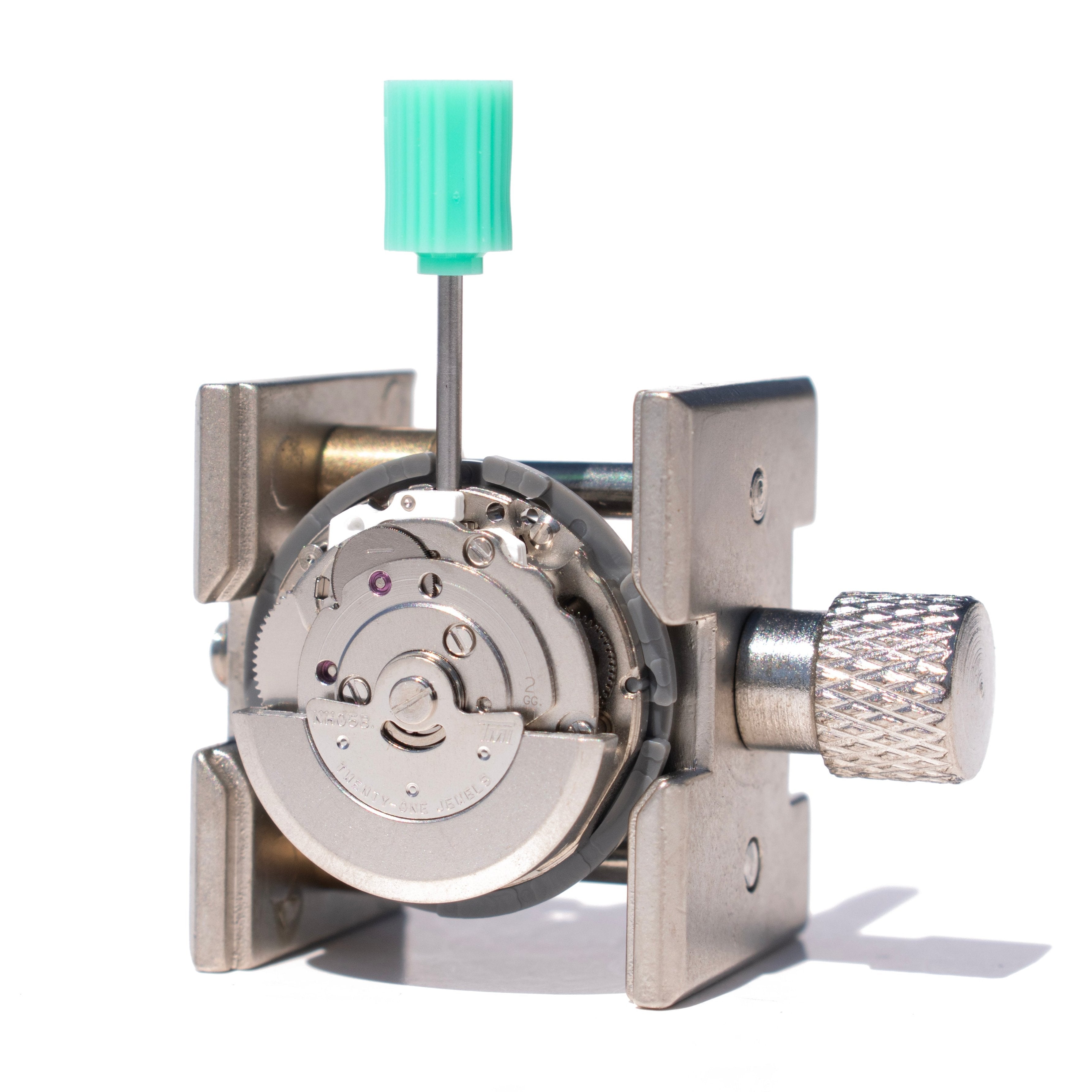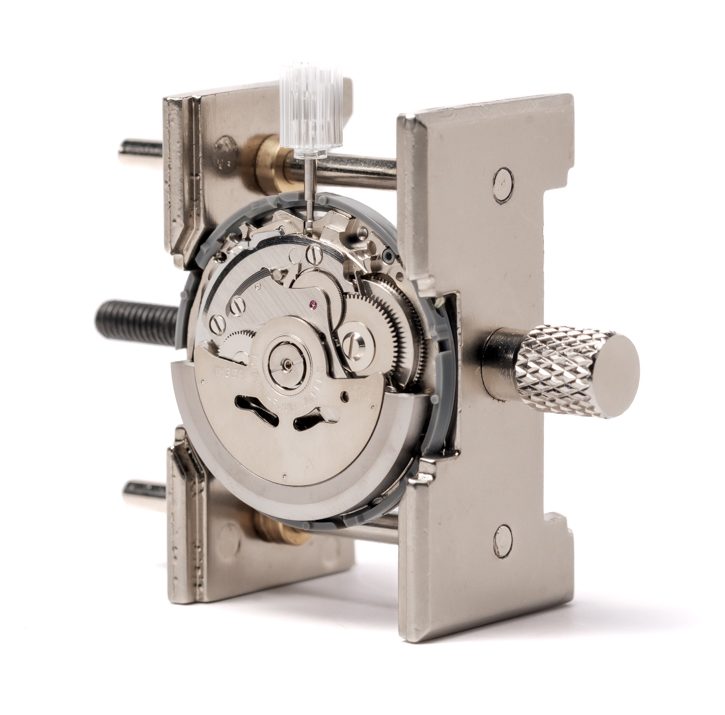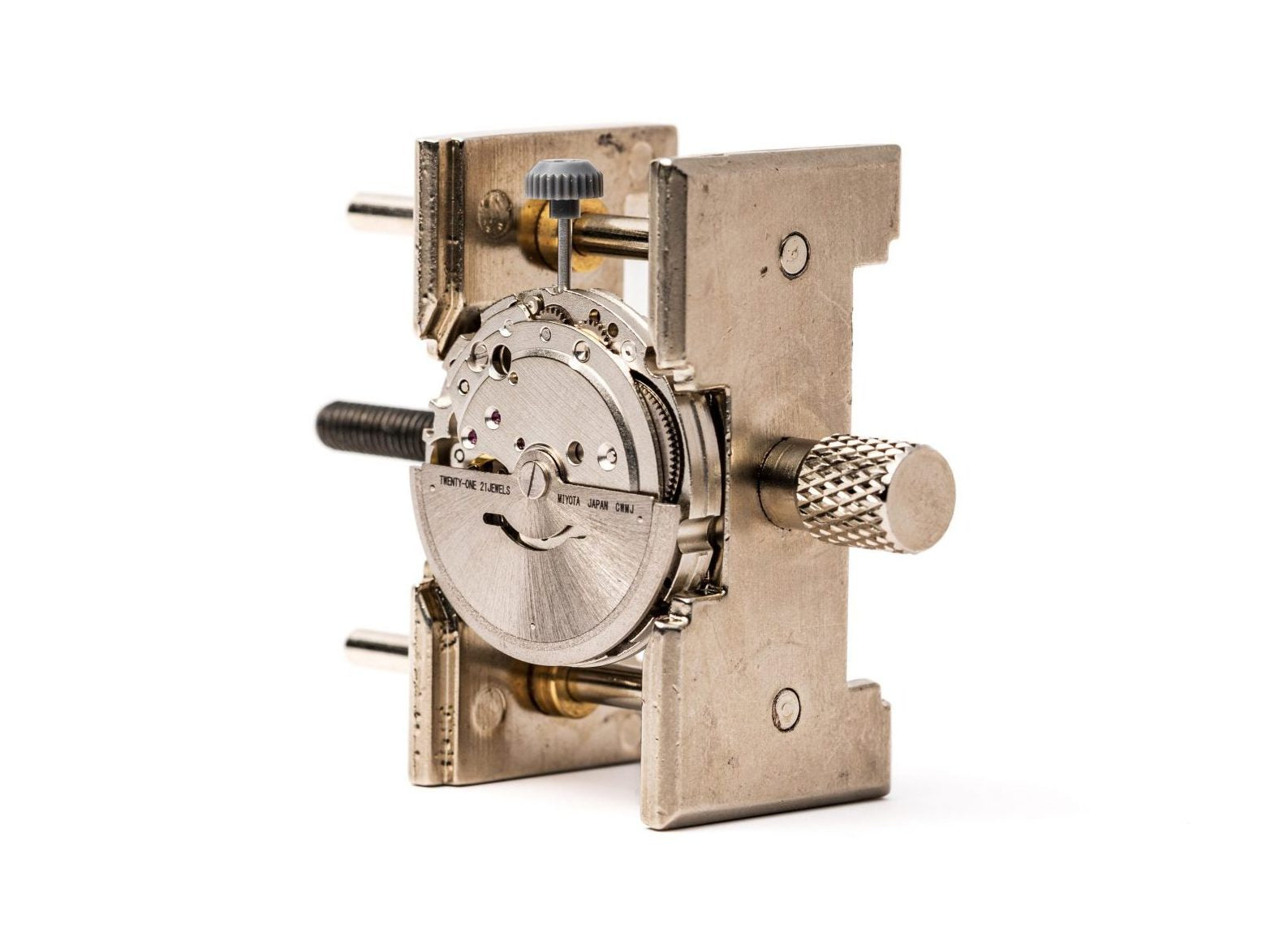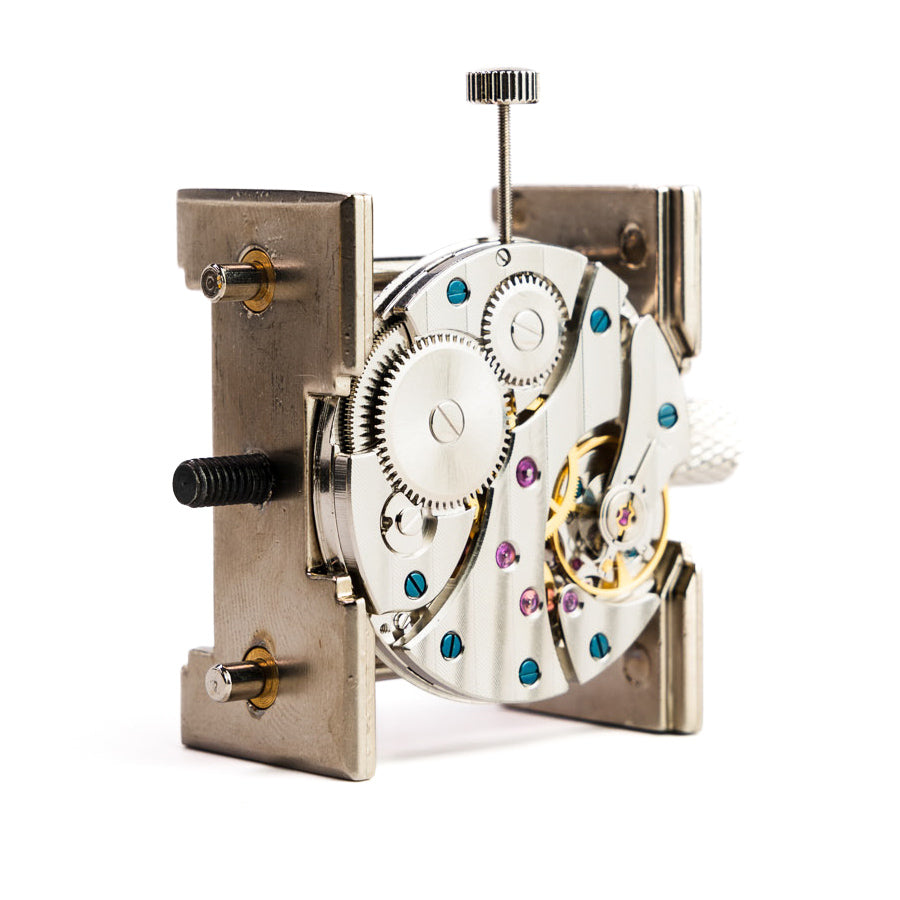
Sustainable Watchmaking: Exploring Eco-Friendly Practices
Materials Matter: From Recycled Metals to Sustainable Leathers
One of the primary considerations in sustainable watchmaking is the sourcing of materials. Traditionally, watches have been crafted from precious metals like gold and silver, contributing to environmental concerns such as deforestation and unethical mining practices. Sustainable alternatives are gaining traction, with watchmakers increasingly turning to recycled metals and responsibly sourced materials.
Recycled stainless steel, for instance, provides a durable and ethical alternative to traditional metals. Additionally, sustainable leather options, sourced from eco-friendly tanneries and vegetable tanning processes, are becoming prevalent in watch strap manufacturing.
Energy-Efficient Movements
The heart of any watch is its movement, and advancements in technology are enabling the creation of energy-efficient watch movements. Traditional quartz movements, though accurate, often rely on disposable batteries. Sustainable alternatives include solar-powered movements and kinetic energy systems that harness the wearer's motion to generate power.
Automatic movements, powered by the motion of the wearer's wrist, have also seen a resurgence. These movements not only reduce reliance on batteries but also add a touch of traditional craftsmanship to modern watches.
Recycling and Upcycling Initiatives
Sustainable watchmaking extends beyond the creation of new timepieces. Many watchmakers are implementing recycling and upcycling initiatives. This involves the collection and repurposing of old or broken watches, reducing the environmental impact of discarded timepieces.
Some companies are even encouraging customers to return their old watches for recycling, offering incentives for contributing to the circular economy. This commitment to reducing waste showcases a dedication to environmental responsibility.
Reducing Carbon Footprint in Production
The production process itself plays a crucial role in the sustainability of a watch. Watchmaking companies are increasingly adopting eco-friendly manufacturing practices. This includes optimizing production workflows to reduce energy consumption, minimizing water usage, and incorporating renewable energy sources into manufacturing facilities.
By embracing sustainable production practices, watchmakers not only contribute to environmental conservation but also enhance the overall quality and ethical standing of their products.
Sustainable watchmaking is not merely a trend; it's a conscientious choice to safeguard our planet's future. As watch enthusiasts, manufacturers, and consumers, we have the power to shape the industry toward a more sustainable and responsible path. Whether through the use of recycled materials, energy-efficient movements, or recycling initiatives, sustainable watchmaking is a testament to the industry's adaptability and commitment to a greener future. Choose a watch that not only marks the passage of time but does so with an unwavering commitment to sustainability.
FAQs
Q1: What are some examples of sustainable materials used in watch straps beyond leather?
Natural rubber, recycled plastic, organic cotton, and Piñatex (pineapple leaf fibers) offer eco-friendly alternatives. They reduce strain on resources and provide varied textures and styles.
Q2: How does a solar-powered watch movement work?
A solar cell beneath the dial converts light into electrical energy. This energy is then stored in a rechargeable battery, eliminating the need for frequent replacements.
Q3: What are the benefits of choosing a watch with a recycled or upcycled case?
Recycled materials cut down on the mining of new metals, and upcycled components give existing materials a second life—both drastically reducing waste.
Q4: How can I dispose of my old watch responsibly?
Some brands run take-back programs for recycling. Local e-waste recyclers can also handle electronic parts. If the watch is functional, reselling or donating is an eco-friendly choice.
Q5: What steps can I take to make my watch collection more sustainable?
- Opt for recycled or eco-friendly materials.
- Select mechanical movements to curb battery waste.
- Support ethical sourcing and transparency.
- Extend lifespan through mindful self repairs and maintenance.


